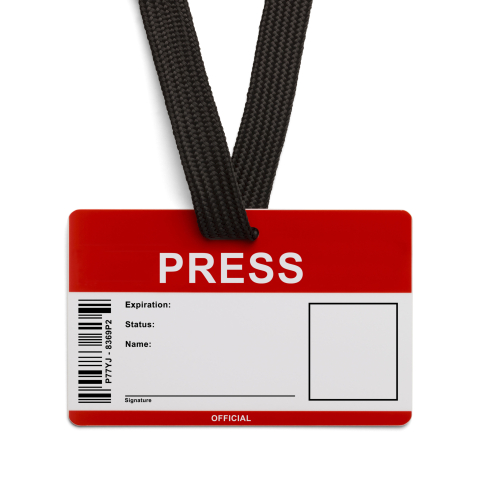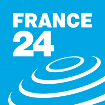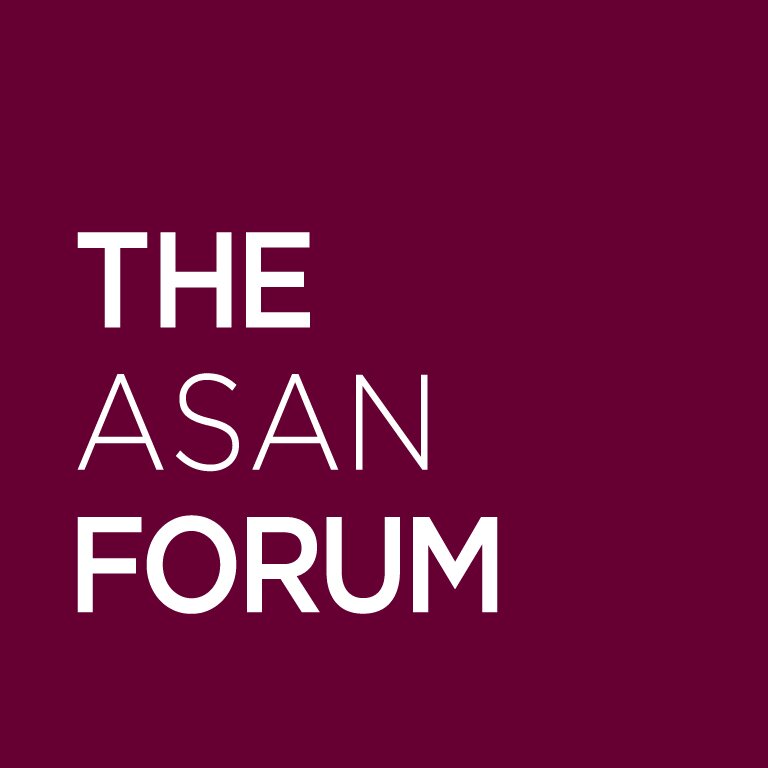Media Interventions
Our researchers intervene in the public debate and bring their light to the French and international media. Discover all their media interventions.



IFRI's Alice Ekman on Emmanuel Macron's state visit to China
On his first state visit to China, the French president has pushed for more European involvement in China's ambitious multi-billion dollar project to revive the ancient Silk Road trade route. China specialist Alice Ekman talks to RFI's Amanda Morrow about how China is likely to respond to pressure from France.

Emmanuel Macron to visit China as Beijing shifts focus from UK to France
China and France see French president’s visit as chance to transform bilateral ties after Brexit and election of Donald Trump. The French president, Emmanuel Macron, will make his first official visit to China on Monday for talks aimed at boosting the global influence of both countries and forging closer ties with the European Union.


RT Brings Its Russian Perspective to France
RT, dubbed as an "organ of influence and deceitful propaganda" by President Emmanuel Macron in May during a joint news conference with Vladimir Putin, has now launched RT France. Has France become the latest front in Russia's information war?

RT Brings Its Russian Perspective to France
PARIS — Minutes after it began broadcasting on Monday night, the new television channel RT France took aim at the country and its president, Emmanuel Macron. “President Assad accuses France of supporting terrorism,” the scroll at the bottom of the screen stated. France and the United States are part of a coalition committed to removing Syria’s president, Bashar al-Assad, and Mr. Assad has accused France of merely prolonging Syria’s civil war, which has claimed hundreds of thousands of lives since 2011.
Michala MARCUSSEN - Trump: One Year After The Election
Is the American economy doing well? Will the Tax Reform change this? How could the bond markets evolve in 2018?
Jeremy SHAPIRO - Trump: One Year After The Election
Has Trump changed his views of transatlantic relations? What should Europeans do? Is Trump's Russia policy dictated by the Russia probe?
Karlyn BOWMAN - Trump: One Year After The Election
3 questions to Karlyn BOWMAN, Senior Fellow, American Entreprise Institute
Jeffrey GOLDBERG - Trump: One Year After The Election
3 questions to Jeffrey GOLDBERG, Editor in Chief, The Atlantic

France’s Macron takes lead in climate change battle, with the U.S. absent
PARIS — The United States may have withdrawn from the Paris climate change accord, but on Tuesday dozens of world leaders and philanthropists met to find solutions to the swiftly warming planet — and send a message of resolve to the White House. More symbolic than policy-driven, Tuesday’s summit comes two years after the landmark COP21 conference in Paris, when 196 participating countries — including the United States — vowed to keep this century’s global temperature increase below 3.6 degrees Fahrenheit. In one of the most controversial moments of his young presidency, President Trump announced in June that the United States would leave the Paris accord.


100 years after independence from Moscow, Finland anchored firmly to West
HELSINKI (AFP) - A century after gaining independence from its powerful neighbour Russia, Finland continues to consolidate its ties to the West, as tensions flare between Moscow and the West. Russia's 2014 annexation of Crimea and an uptick in military activity in the Baltic region have tested Finnish-Russian relations, painstakingly maintained over the years with scrupulous diplomatic efforts.
China and the “Definition Gap”: Shaping Global Governance in Words
Increasingly, China’s diplomacy is using key words commonly used by liberal democracies, but the meaning differs greatly. This evolution is changing the terms of the debate without changing a single term.
Artificial Intelligence, The New Chess Piece Of Geopolitics
China, Russia and the U.S. see potential and risks. And for now, there's still no form of governance to oversee AI development — technology moves faster than diplomacy.
Sanctions on African countries: what impact?
What is the role of international NGOs regarding the sanctions process?
Support independent French research
Ifri, a foundation recognized as being of public utility, relies largely on private donors – companies and individuals – to guarantee its sustainability and intellectual independence. Through their funding, donors help maintain the Institute's position among the world's leading think tanks. By benefiting from an internationally recognized network and expertise, donors refine their understanding of geopolitical risk and its consequences on global politics and the economy. In 2024, Ifri will support more than 70 French and foreign companies and organizations.


















